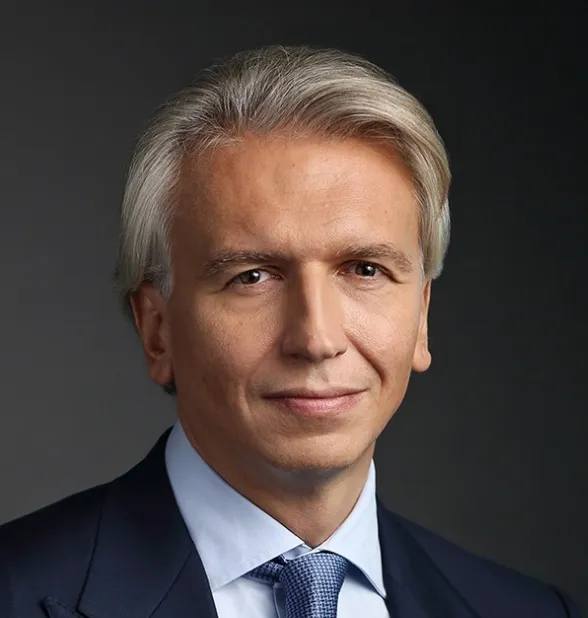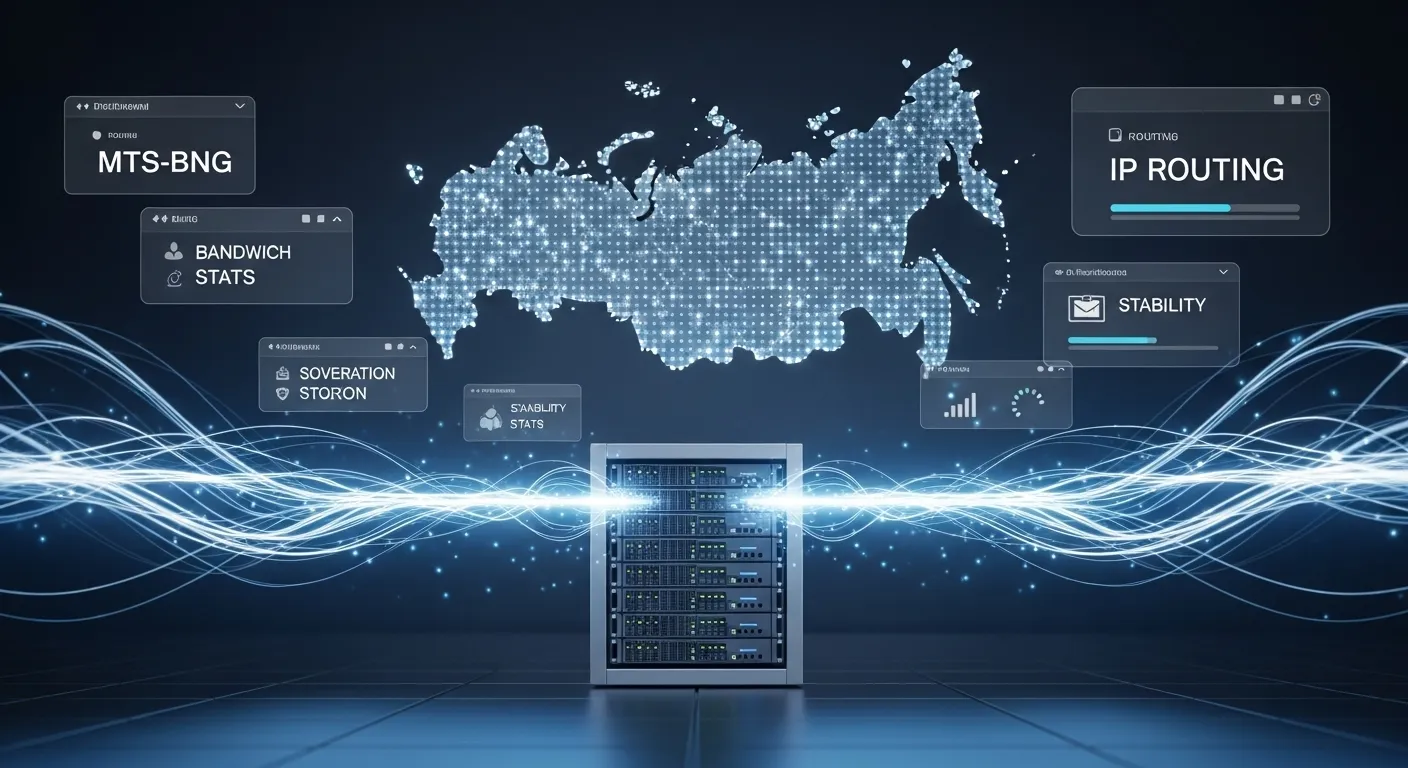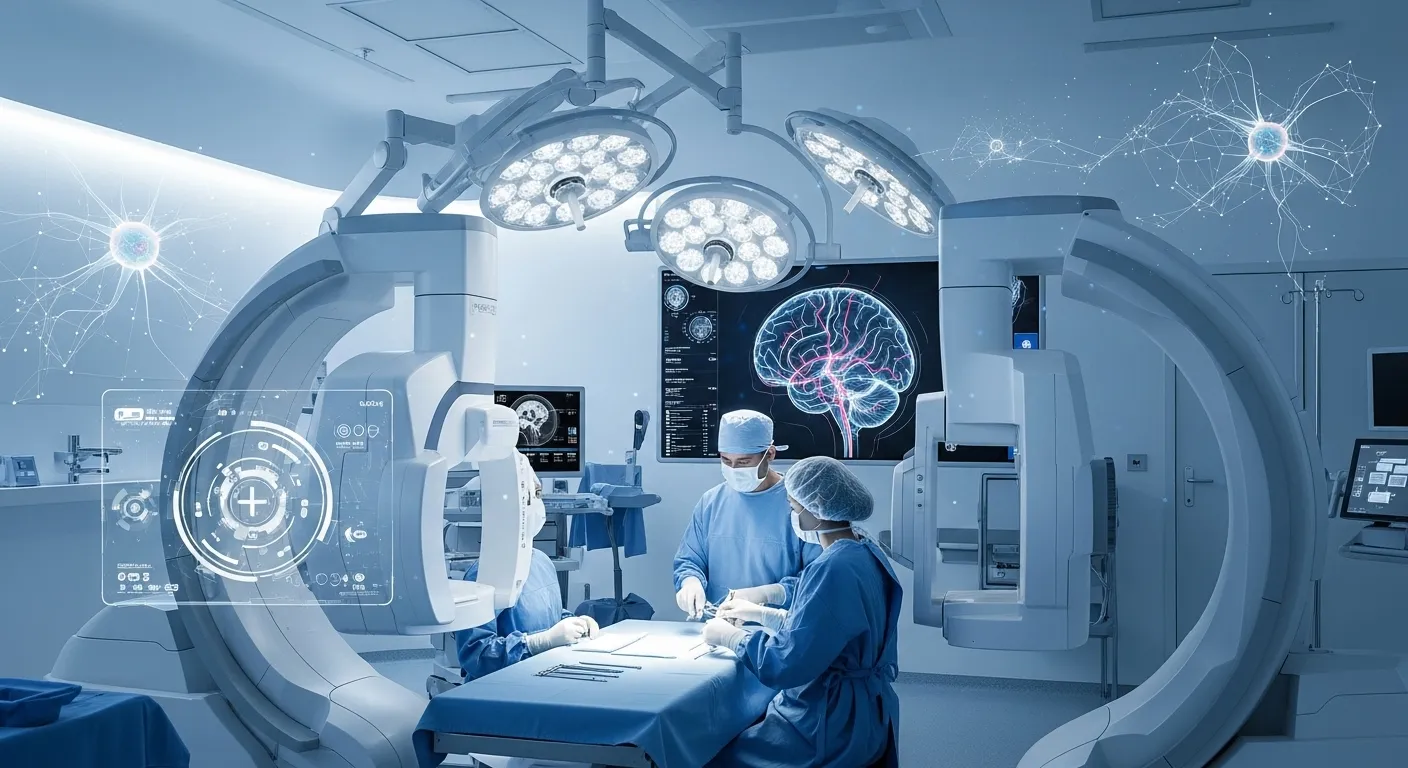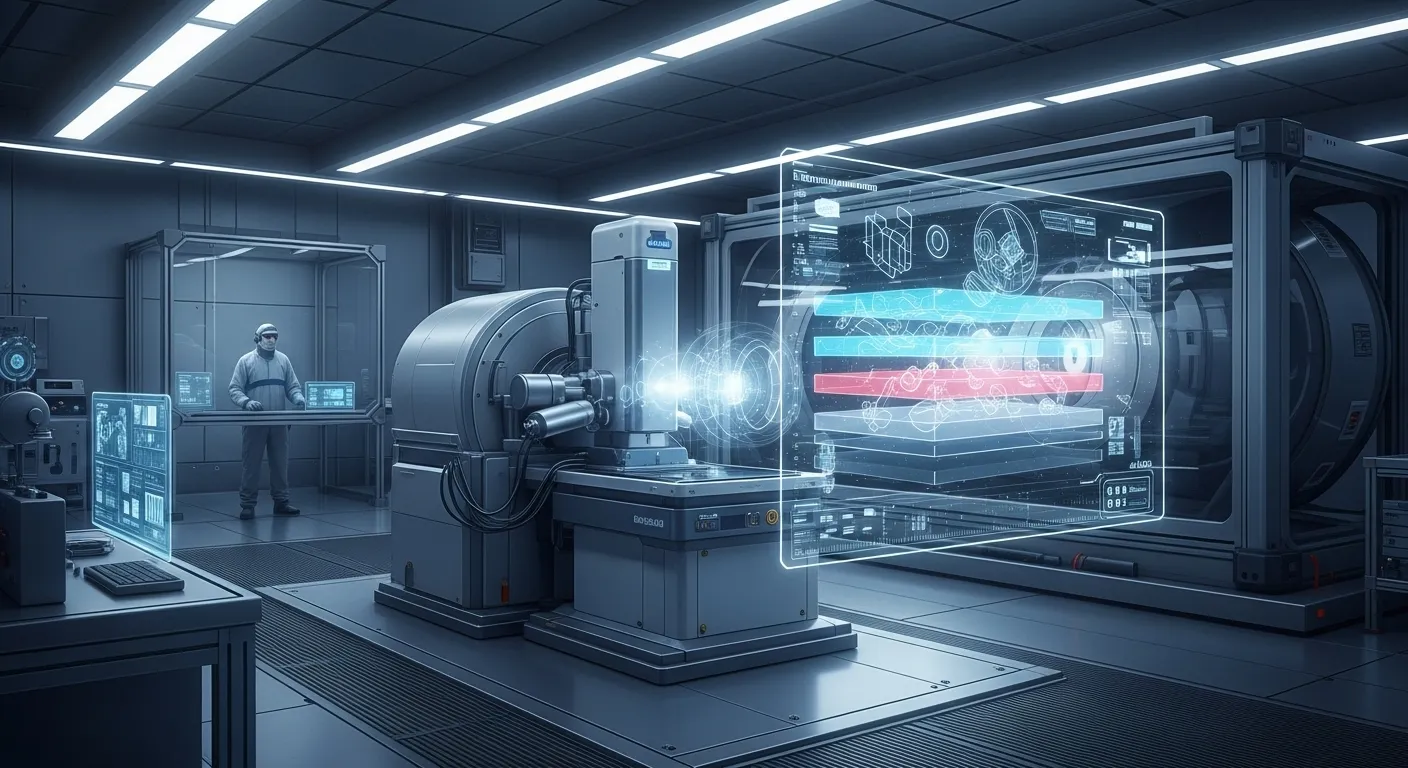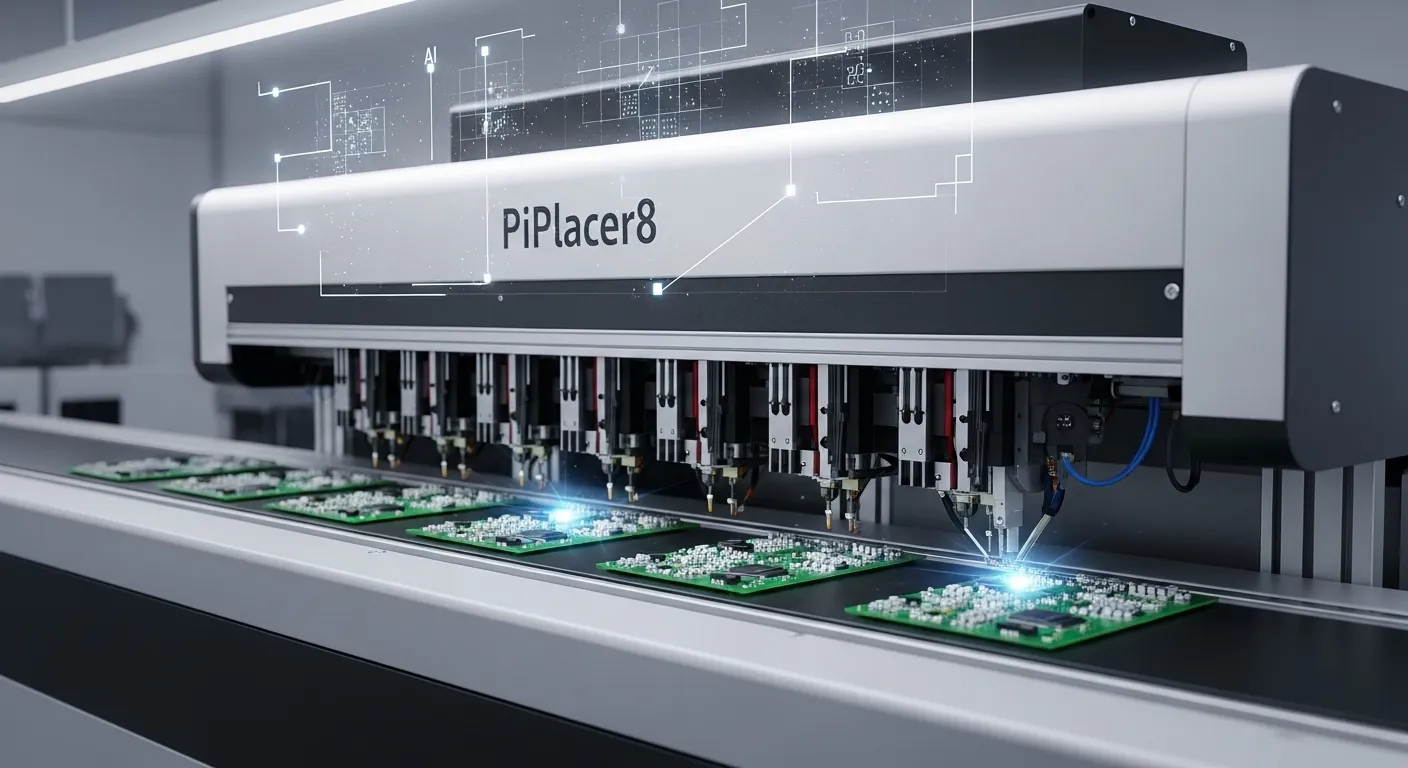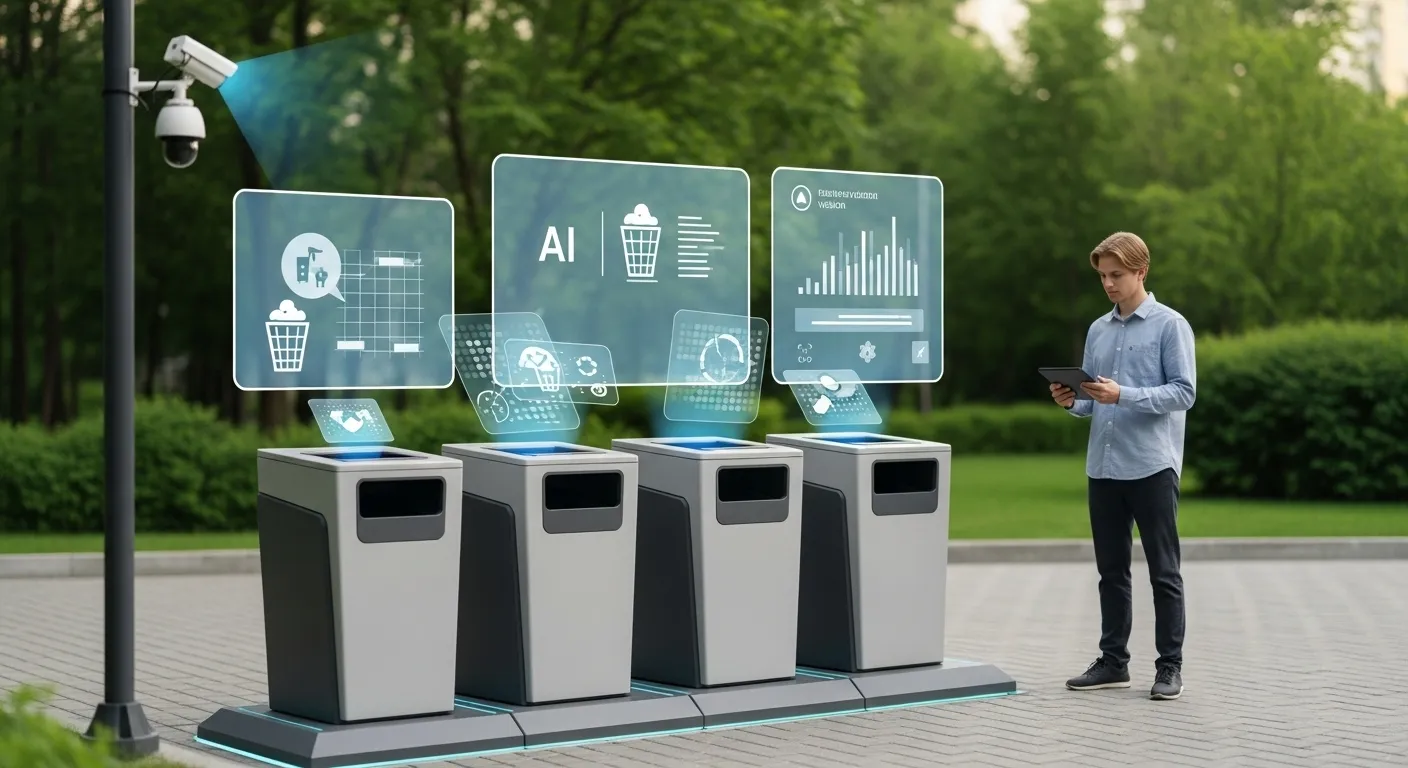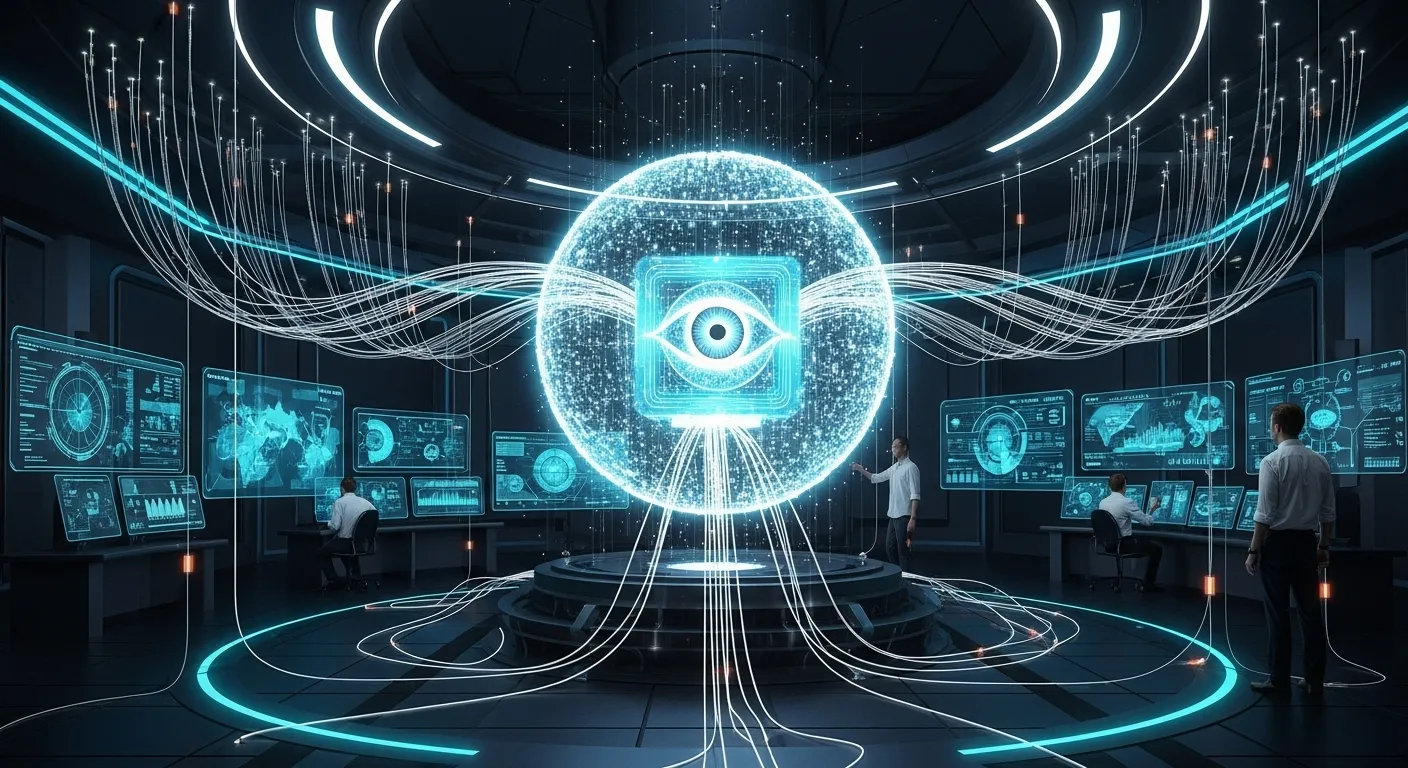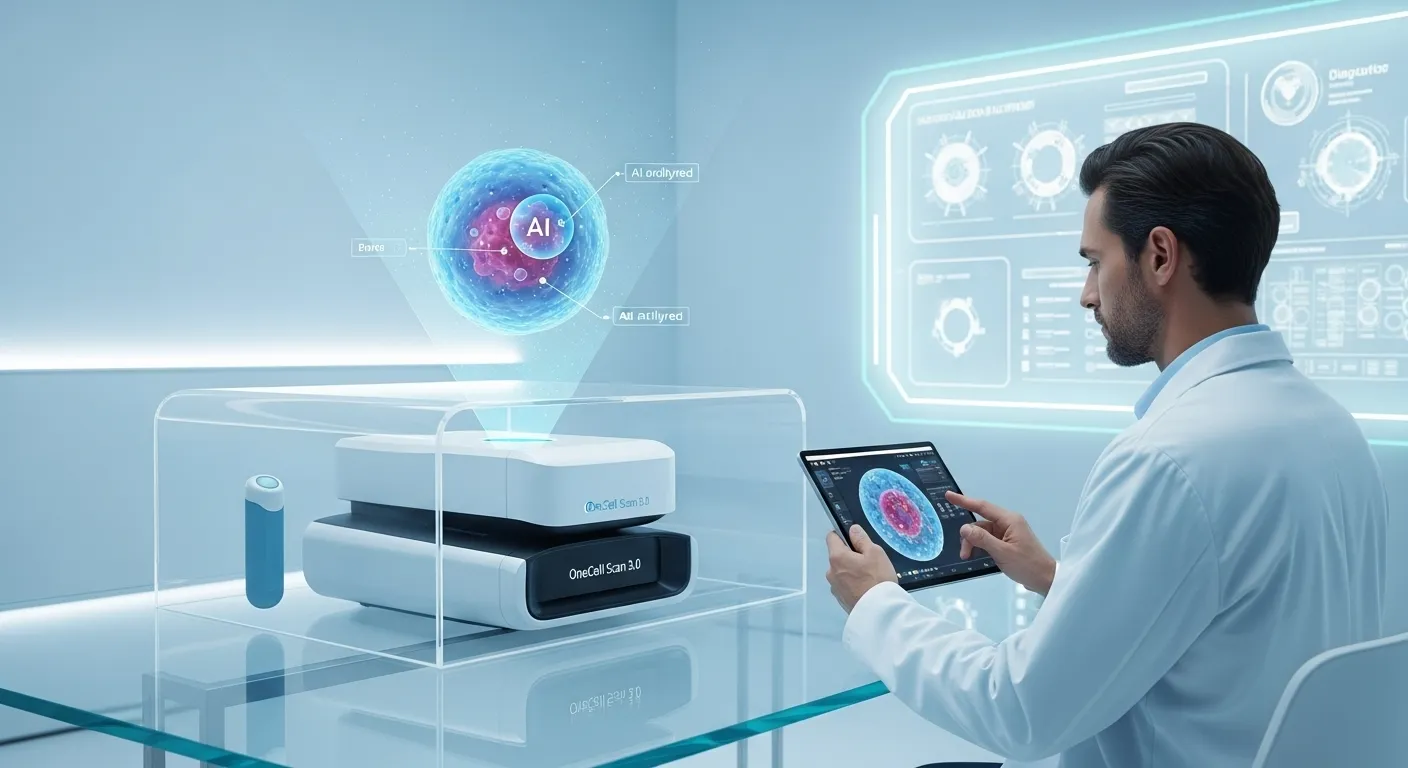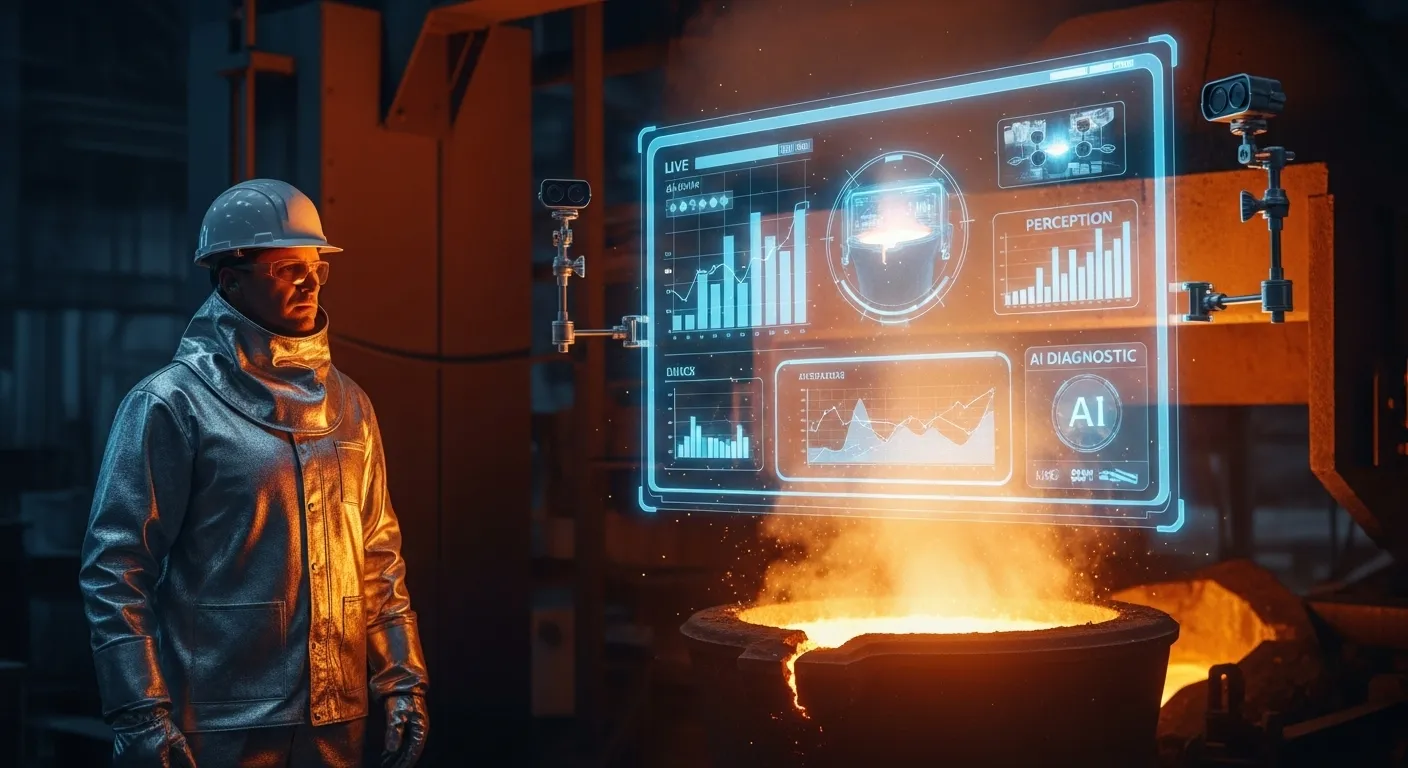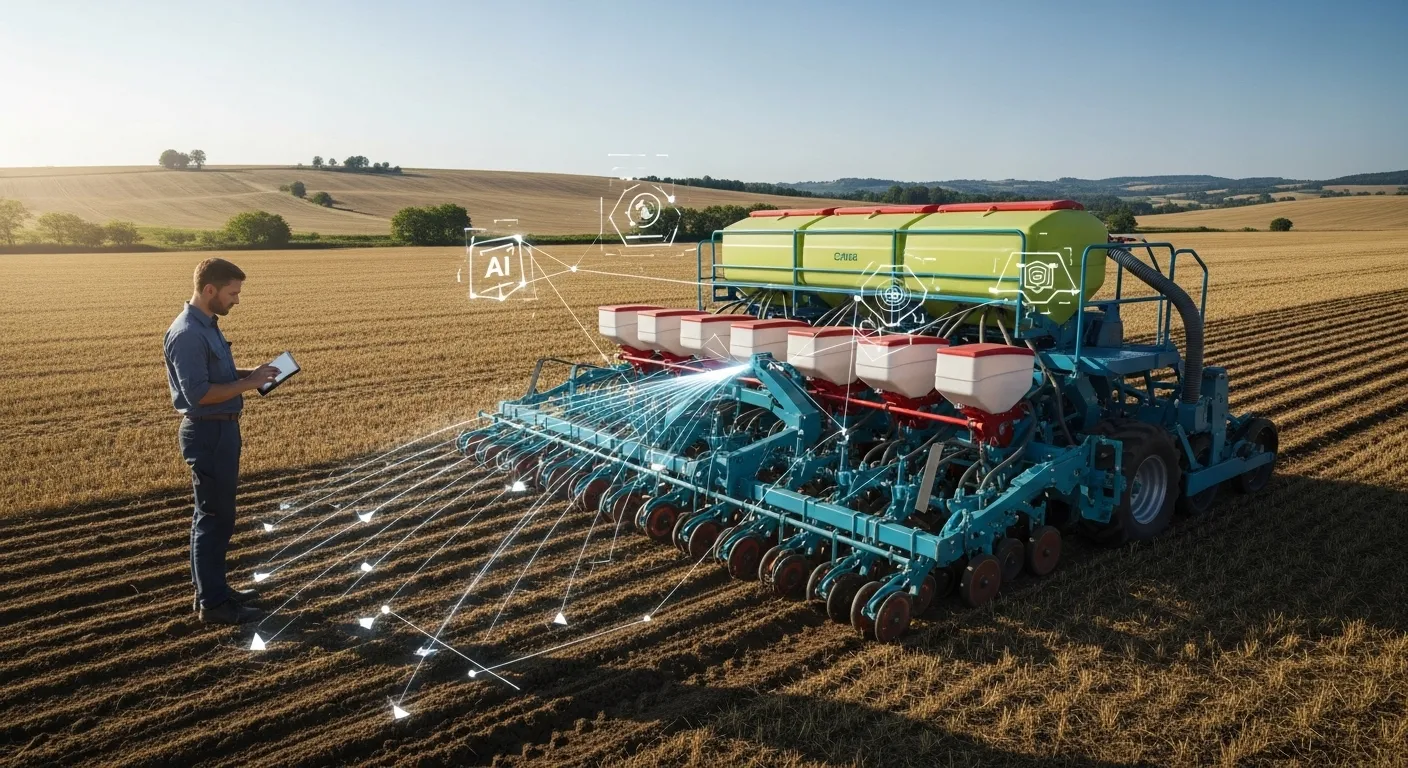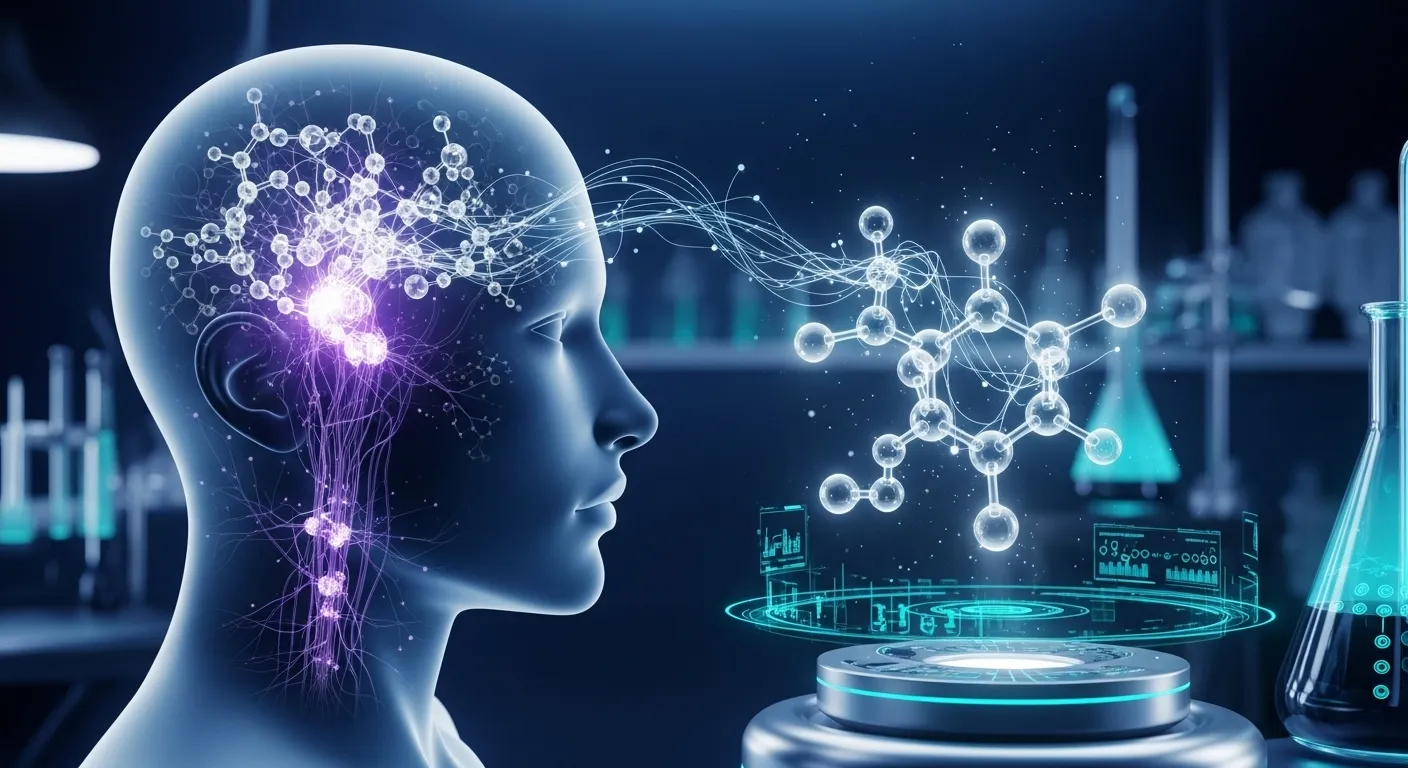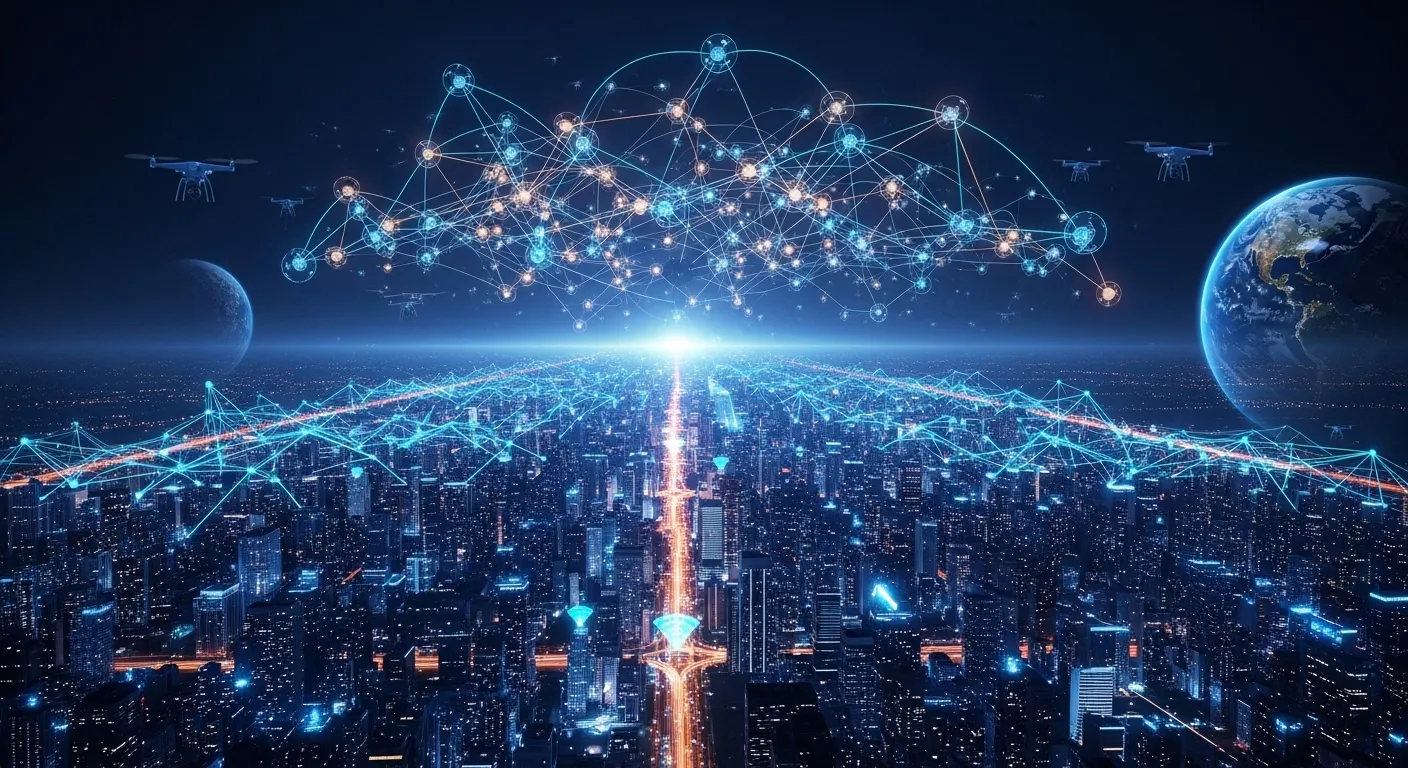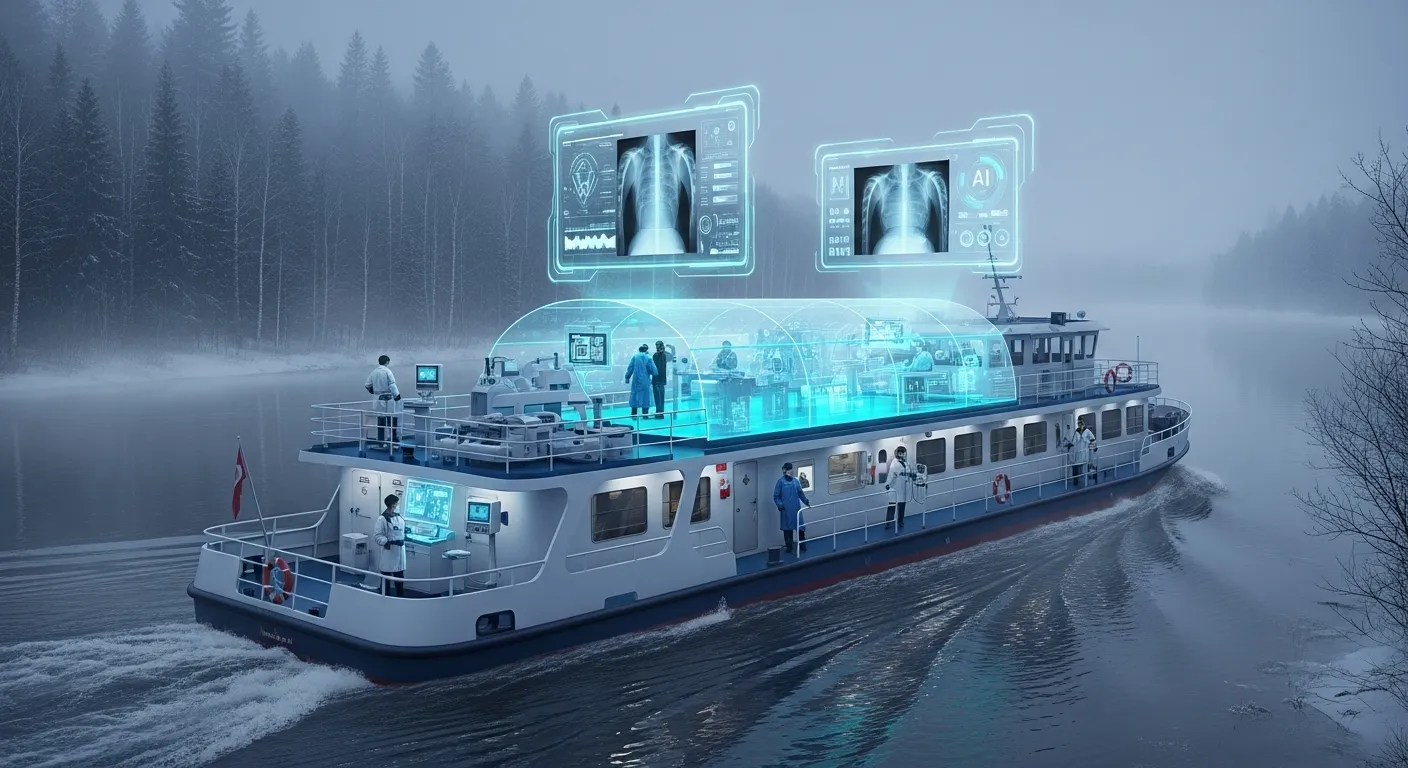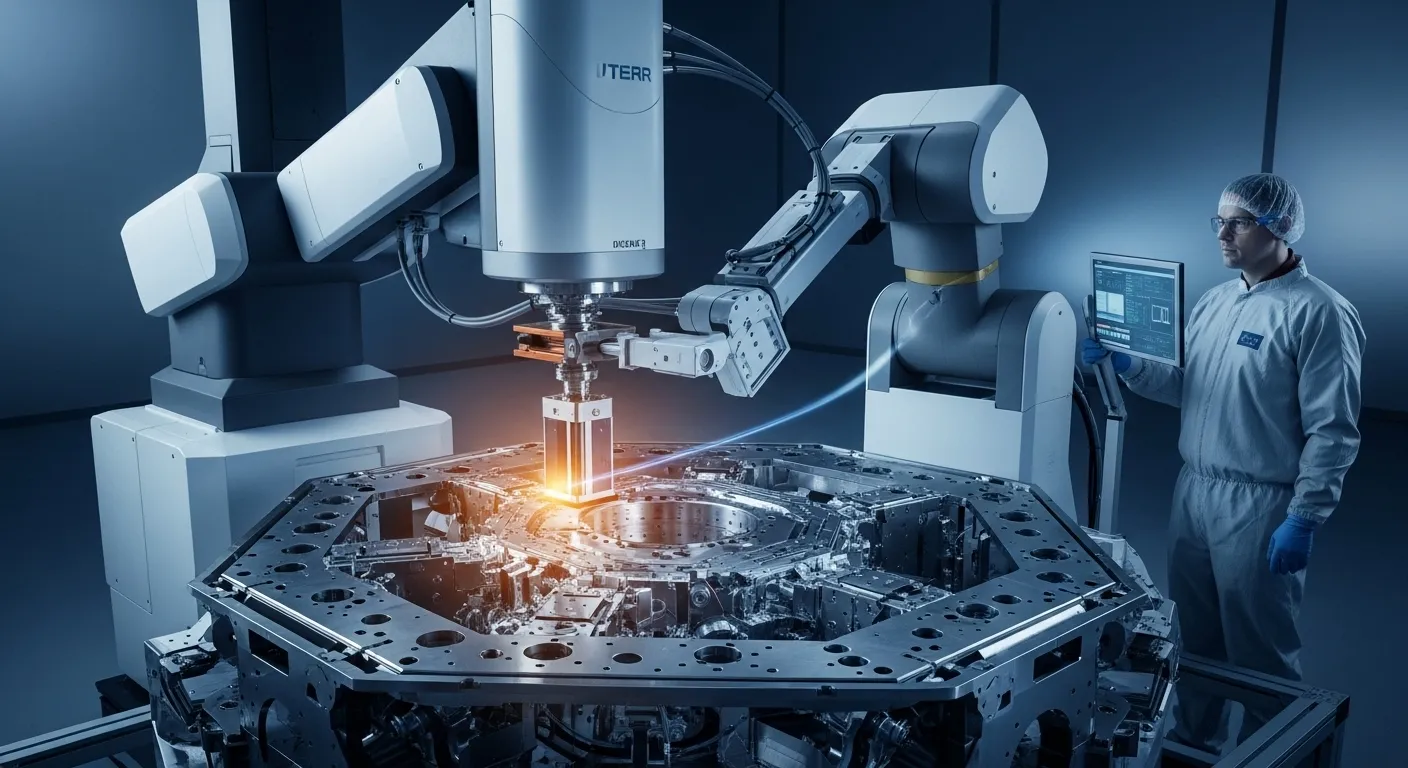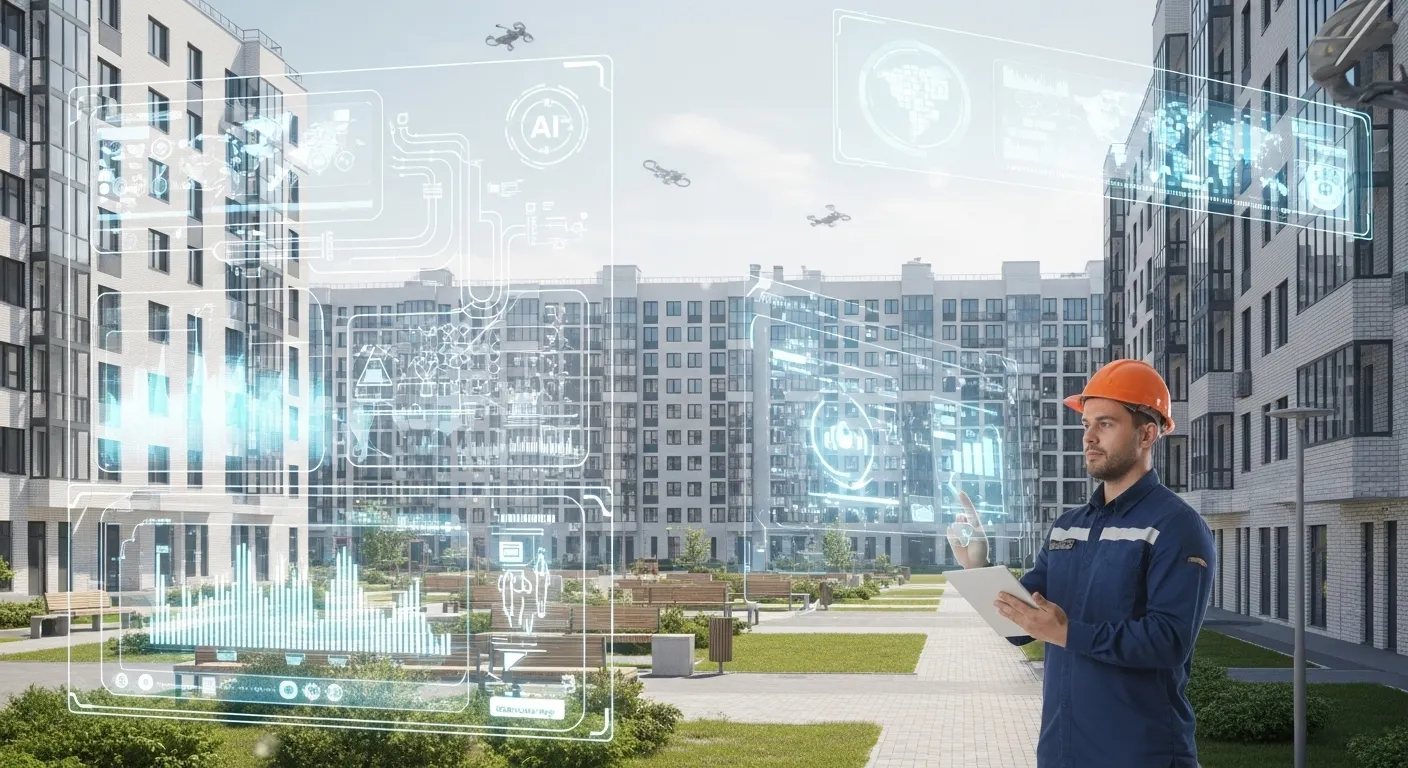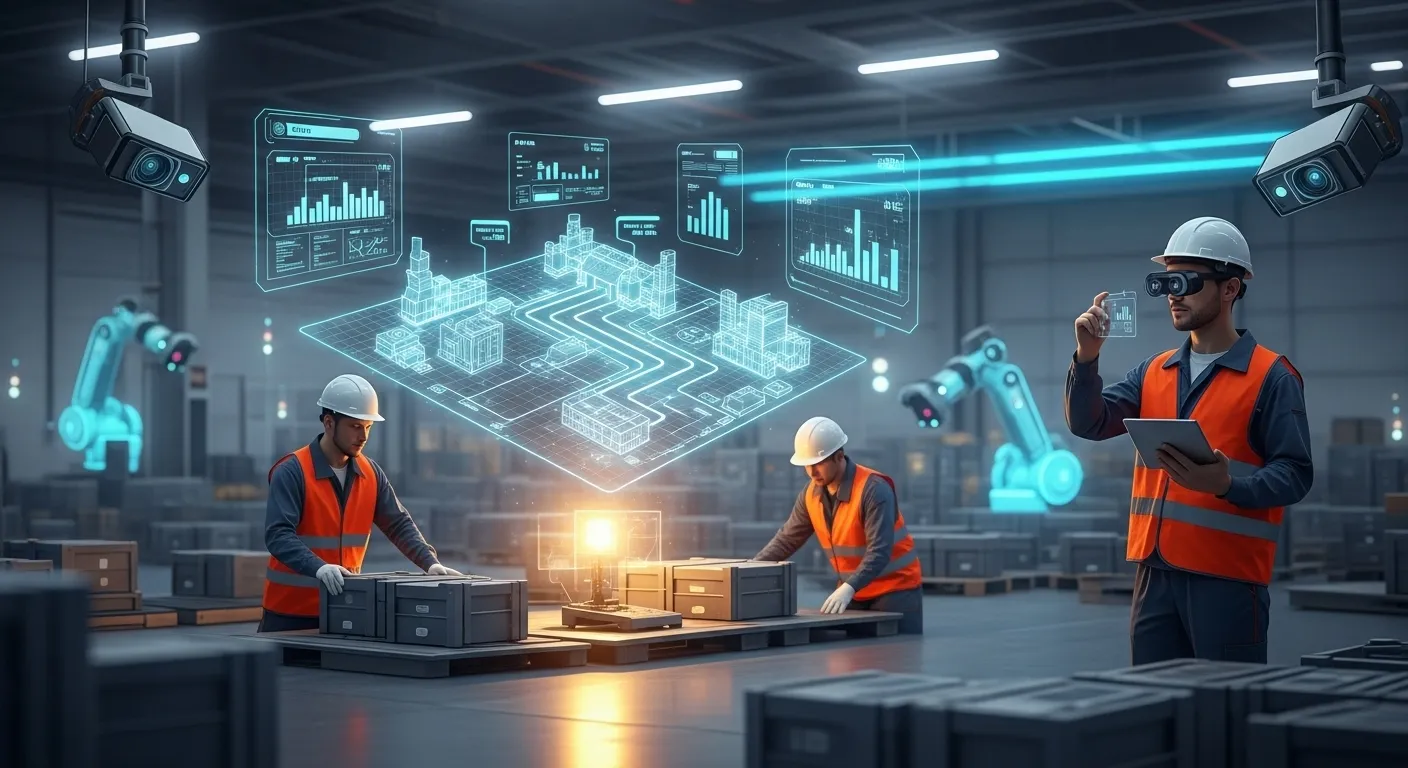Russia Develops a National Platform for Industrial Digitalization

Russia is launching an ambitious industrial and technological initiative aimed at building a unified industrial IT platform that can automate production processes across various sectors. Among the pioneers of this rollout are Gazprom Neft, Severstal, and several of their industrial partners.
Industrial Modernization and Import Substitution
The national open platform for industrial automation has been in development since 2023, spearheaded by Russia’s Ministry of Industry and Trade. The goal is to eliminate the need to create separate IT systems for each industry—a process that’s often time-consuming, expensive, and technically complex. Instead, the platform enables the construction of management systems using modular components—akin to building blocks—which can be tailored to any industrial sector.
The platform integrates the reliability of traditional industrial systems with the flexibility and intelligence of modern IT, and includes embedded cybersecurity tools. More than 50 Russian companies and research organizations are participating in the initiative.

Its key feature lies in its open architecture and modularity, significantly reducing the development time and cost of industry-specific solutions. The platform’s architecture, standards, and protocols are public, made available as draft national standards (GOST) and standards developed by the Institute for Oil and Gas Technology Initiatives (INTI).
Digital Gigapolis: First Use Cases
Individual components of the platform—developed by industry leaders such as Gazprom Neft, Severstal, EuroChem, Rosatom, and Rostelecom—are already being implemented across various sectors.
Gazprom Neft recently introduced the first pilot implementation in the oil and gas industry: a system for managing oil extraction equipment. The company integrated digital twins with real-world devices from over 20 Russian manufacturers.
New models of digital twins for oil production were developed, along with an IT solution for monitoring the consistency between the physical and virtual states of control systems at oil production sites. The project utilizes virtual controllers from Severstal, a computing server by EuroChem, and cybersecurity services provided by Positive Technologies.
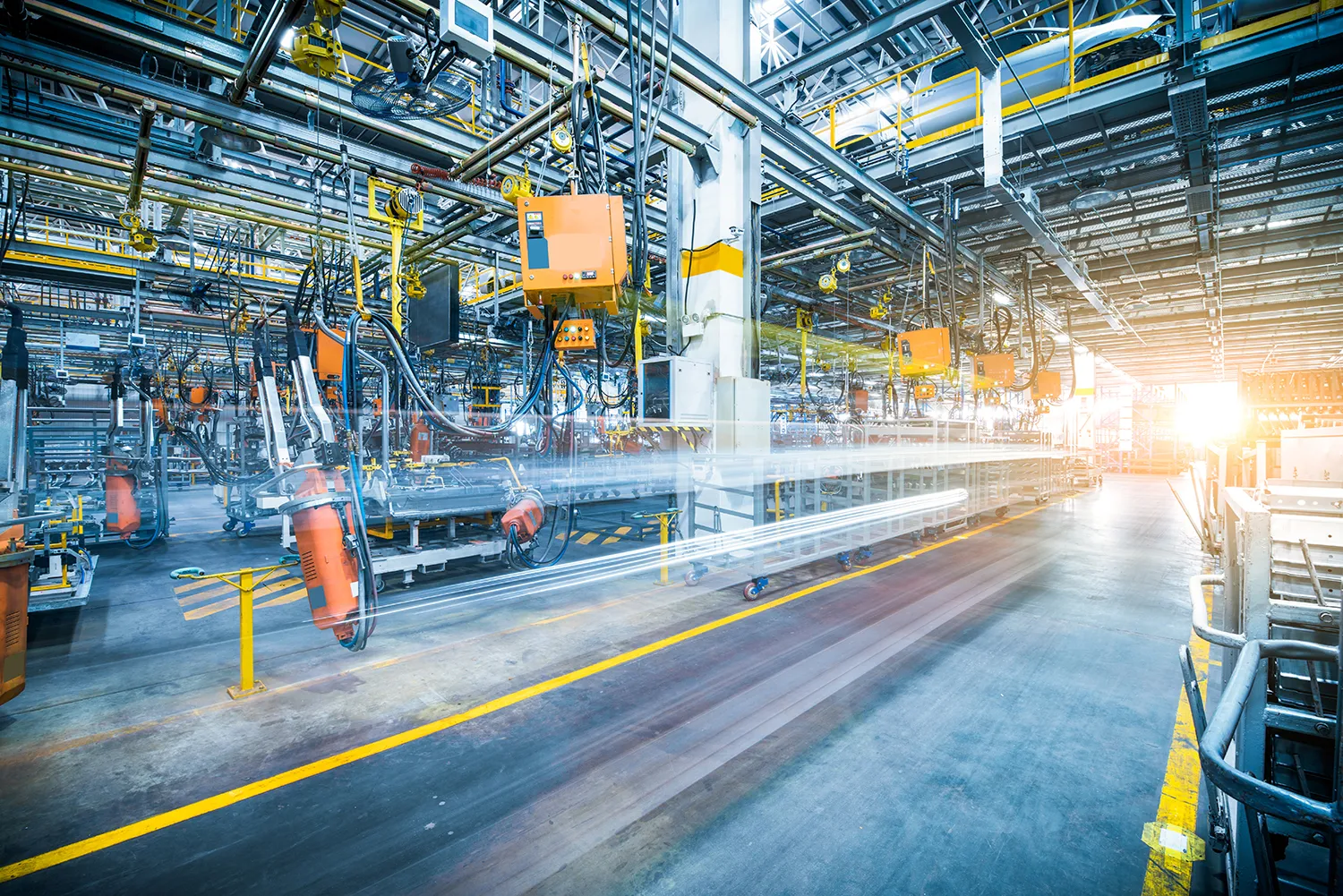
According to Gazprom Neft’s CIO Anton Dumin, this new generation of tools based on the national open platform can transform any plant or oilfield into a unified 'gigapolis'—a highly coordinated industrial network where thousands of sensors and dozens of software systems from different vendors are managed as a single digital organism.
Boosting the Russian IT Sector
The broader implications for Russia’s IT sector are profound. The platform is set to stimulate demand for domestic software and Internet of Things (IoT) solutions—an especially critical development amid growing technological protectionism.
The platform will support the formation of a robust domestic market for industrial software and automation systems, forming a foundation for long-term import substitution.
Moreover, the initiative strengthens national expertise in high-impact fields like industrial process control systems (APCS) and the Industrial Internet of Things (IIoT), reducing reliance on foreign technologies while opening new growth avenues for Russian developers and engineers.

Toward a High-Tech Industrial Ecosystem
For workers, the platform promises professional upskilling, less physically demanding labor, and safer working conditions thanks to the automation of hazardous operations. For regional economies, it paves the way for new IT clusters and job creation, laying the groundwork for a high-tech industrial ecosystem.
Although currently focused on domestic deployment, the platform has significant export potential. If it reaches technological maturity, it could be exported to countries in the CIS, Latin America, and the Middle East—regions seeking digital transformation but lacking adequate local solutions.
This initiative is more than just a technological rollout. It’s a strategic investment in reshaping Russian industry and reinforcing Russia’s standing in global tech markets.


